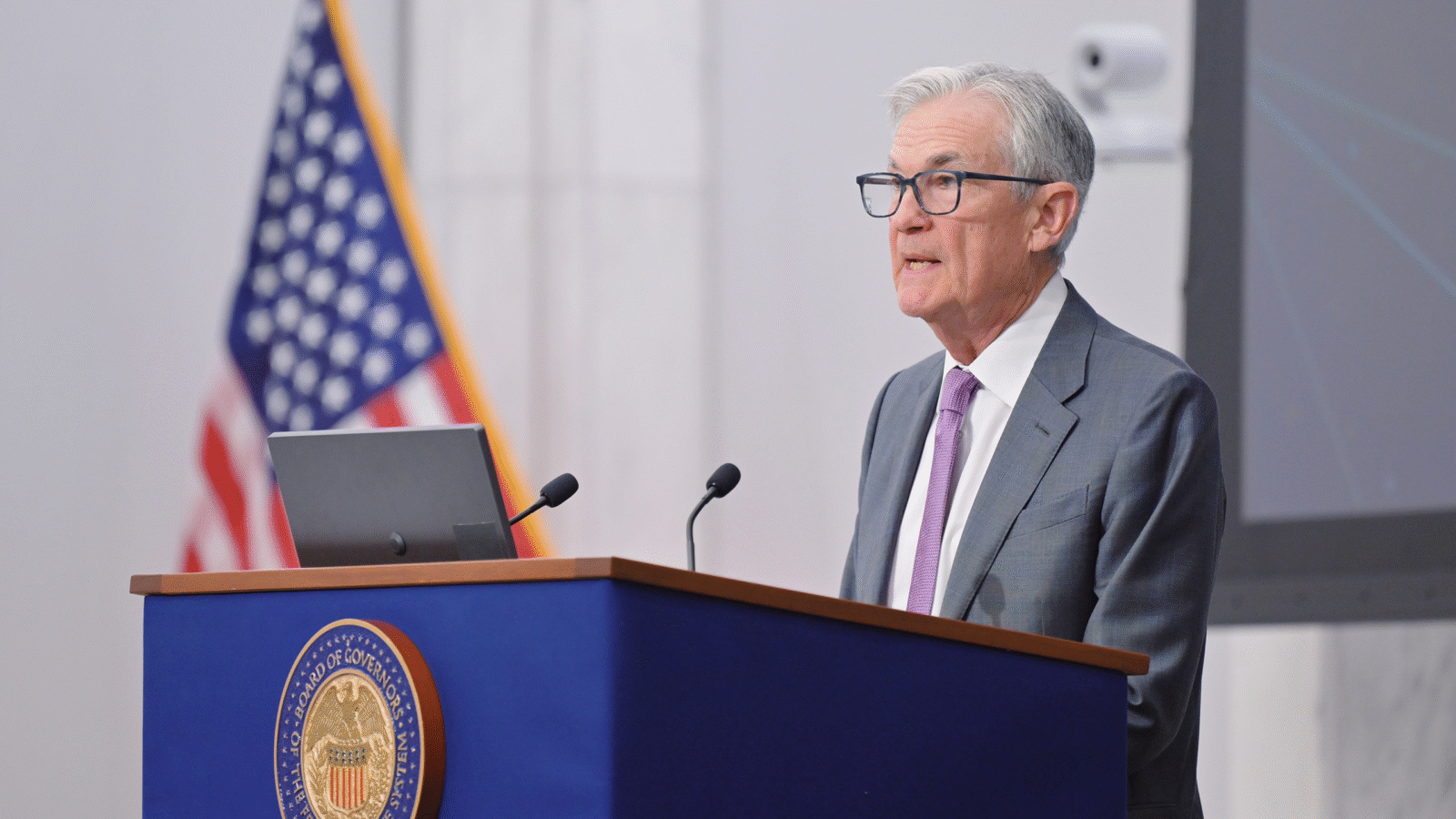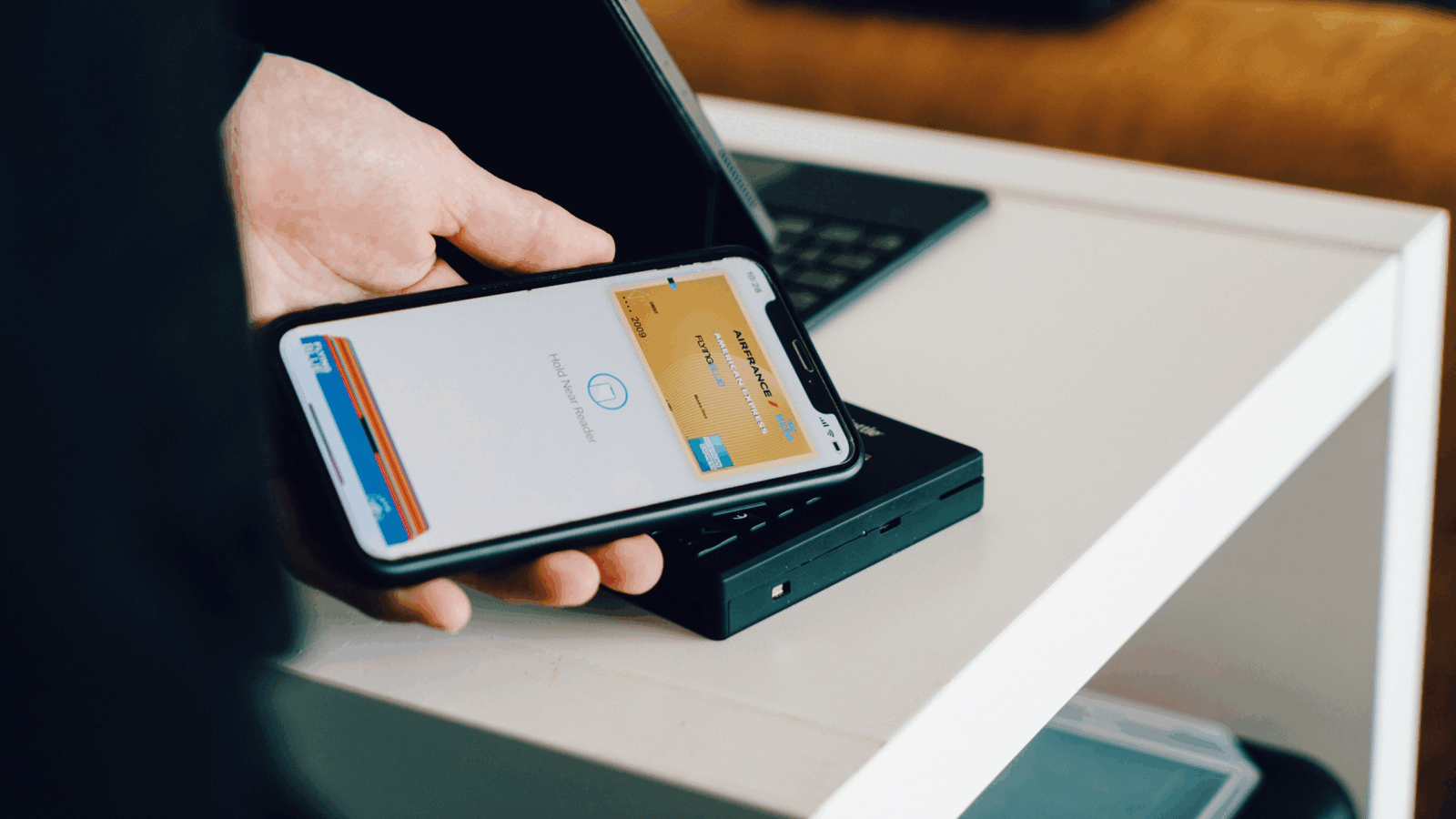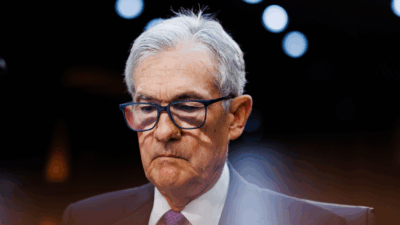
Sign up for smart news, insights, and analysis on the biggest financial stories of the day.
Inflation is a pain. It costs more for dinner, fuel, and housing — you can’t even shop for a used car without watching the savings evaporate as prices creep up, up, and up on that creaky old Subaru that would have been a steal months ago.
But there’s a thin silver lining: inflation has started to chip away at the debt burden of people who owe money, a tiny favor that anyone with a mortgage or student loans can be grateful for.
Getting Ratio’ed
New data from the Bank for International Settlements shows that, in the second quarter, household and business debt as a share of economic output fell the farthest on record in many advanced economies.
The reason this is happening is huge economic growth coming out of lockdowns is linking up with the soaring levels of inflation, which together shrink the liabilities debtors owe compared to the overall size of the economy. That’s significantly brought down the share of private debt:
- The amount of debt held by households fell from 80.4% of GDP to 79% of GDP in the US during the second quarter, with the same figure falling from 62.5% to 61.2% in the Euro area and from 67.9% to 66.5% in the G20.
- Businesses are benefiting from the same conditions — total credit to the US non-financial sector fell from 165.8% of GDP to 161.3% in the second quarter, plus profits are up 37% from a year earlier, according to data out last month from the Commerce Department.
Of course, almost all debt levels remain higher than at the beginning of 2020 because low interest rates and government stimulus have made it easier to take out loans.
Inflated Expectations: If and when central banks take steps to rein in inflation by raising interest rates — which happened in the UK and Norway on Thursday — the spoils will shift to the big banks. Higher interest rates would allow them to make billions by charging more on loans — Wells Fargo and Bank of America, for example, both said they could make over $7 billion in revenue from a 1% short and long term rate hike.











